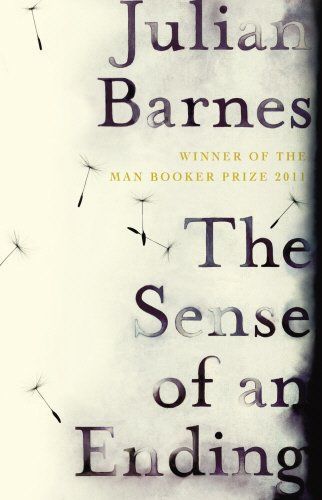
The Sense of an Ending
Includes poems of thwarted love and disappointment, of raw desire, of the stalking beast, 'eye-teeth/and muzzle/coated with blood'; poems that recognise 'we have too much to gain from the gods, and this is why/they fail to love us'; poems that tell of an obsessive lover coming to grief in a sequence that echoes the old murder ballads
Reviews
Jeffery Tay@peewun
nattie@nattierose
diya@diyankilaco
sophie <3@chatnoirreads
Andrew John Kinney@numidica
heleen de boever@hlndb
haifa@haifa
Rohan Uddin@thesparrowfall
Prashanth Srivatsa@prashanthsrivatsa
Midori Kobayashi@snortingpages
natalie@ildonodellavita
Fran Lewis@franlewis
Aditi Verma@mixedblessings89
John Elbing@palebluedot
Abhinav Choudhary@anonchoudhary
Gulshan Hasanzada@gulshan
Fraser Simons@frasersimons
Amani Zaha@amanizaha
Kwan Ann Tan@kwananntan
Melody Izard@mizard
Jason Porterfield@katzenpatsy
Tracey O’Rourke@simiavus
Jen Estrella@nightingale03
Maxime van der Wal@frtyfour
Highlights
Liam Collins@lcollins2004